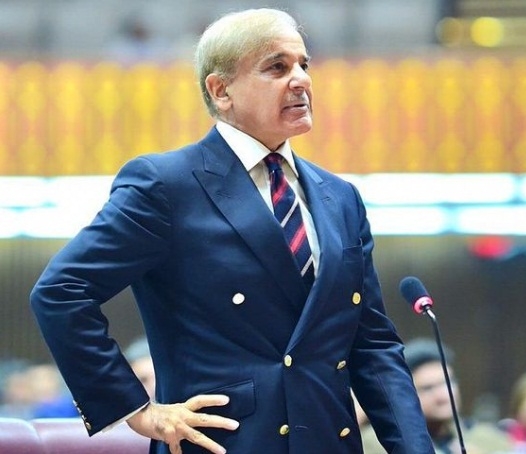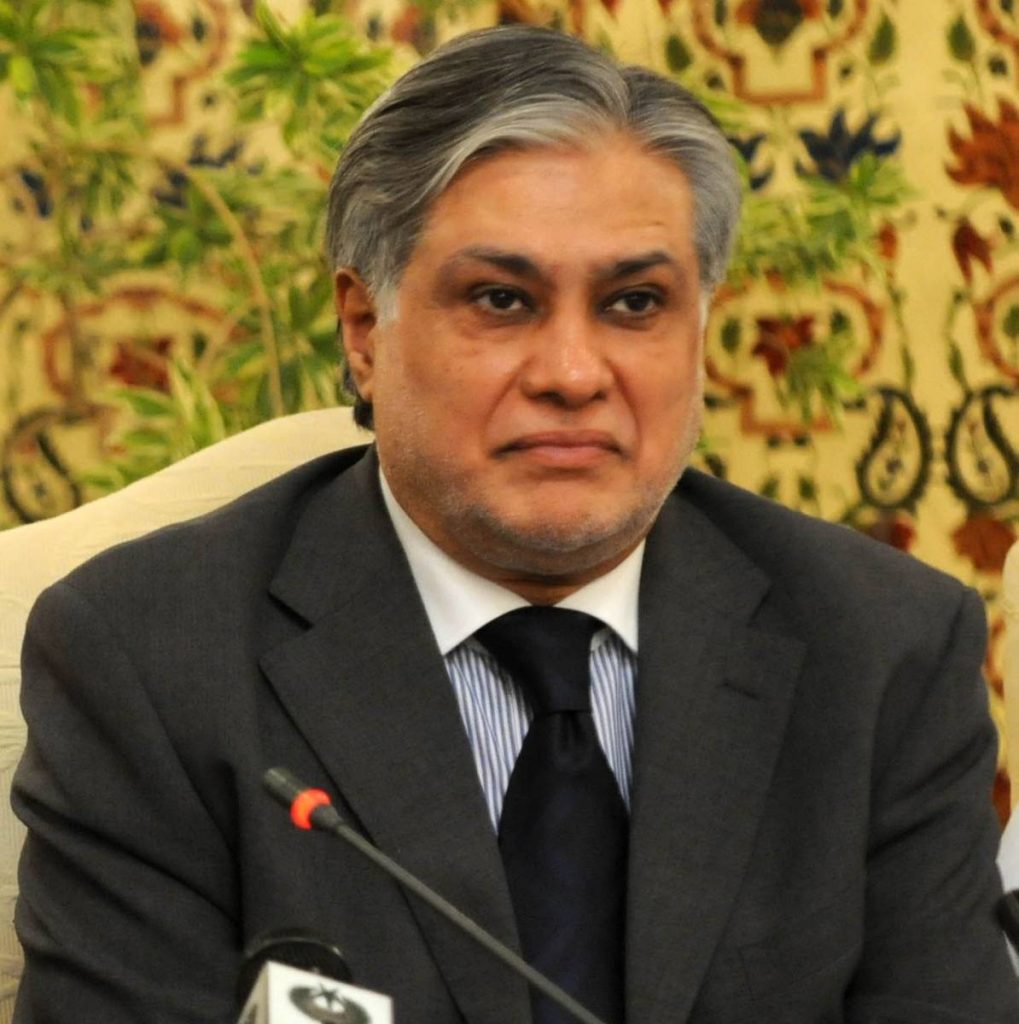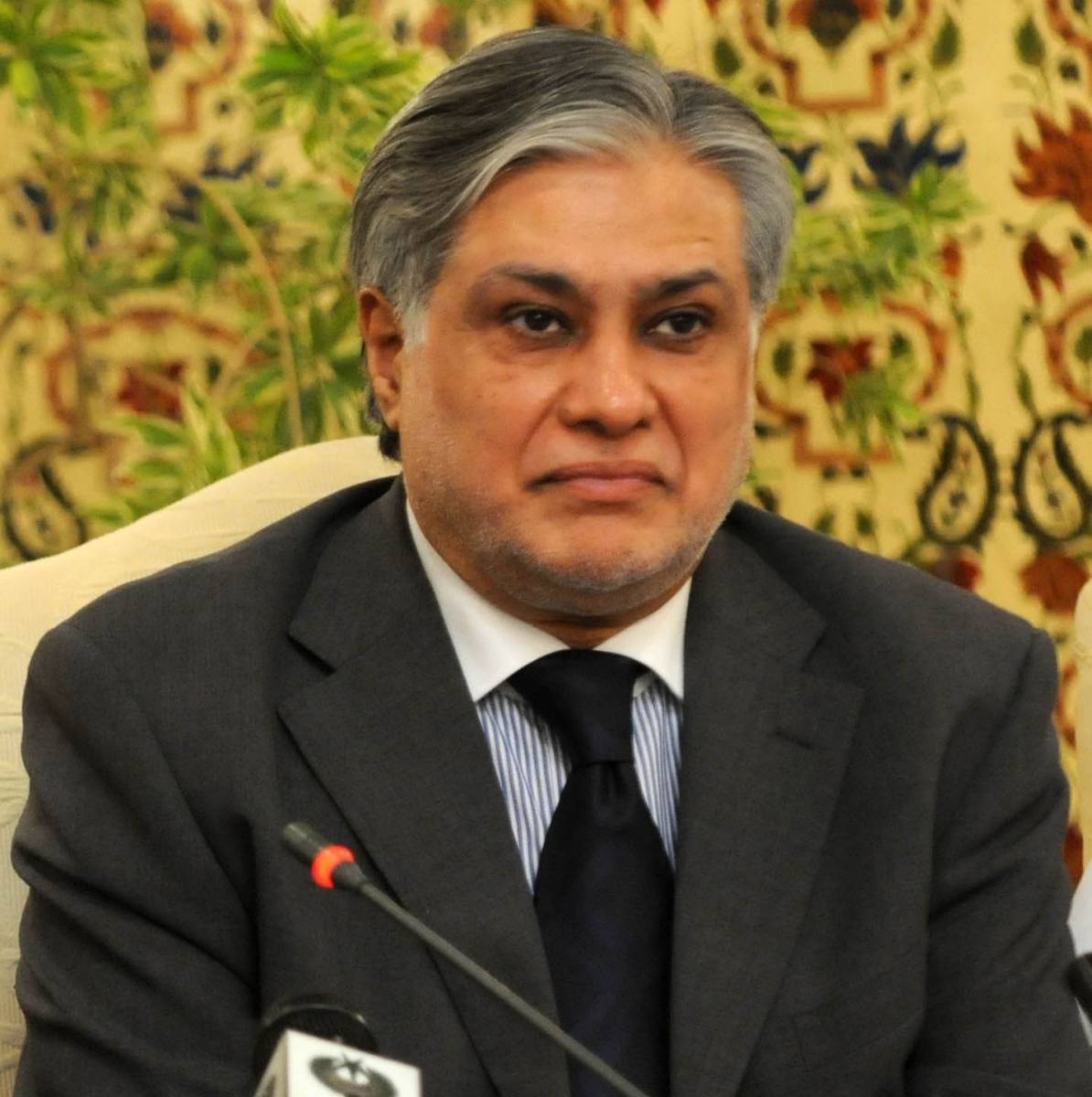With Dar’s return to the country, it is widely speculated that Nawaz Sharif will likely come back to Pakistan soon. For the Imran Khan-led opposition, Dar’s appointment as the new finance minister and reports of Nawaz’s return will provide more fuel to their movement against the ‘selected’ PDM alliance. This is going to result in more political instability in Pakistan
Pakistan Muslim League – Nawaz (PML-N) leader Ishaq Dar’s return to Pakistan as the new finance minister of the country is an attempt to consolidate former Prime Minister Nawaz Sharif’s faction in the ruling Pakistan Democratic Movement (PDM) government. This development suggests that Pakistan’s powerful military establishment has possibly mended ties with the Sharif brothers and may allow them to complete the coalition government’s remaining term until July next year.
With Dar’s return to the country, it is widely speculated that Nawaz Sharif will likely come back to Pakistan soon. For the Imran Khan-led opposition, Dar’s appointment as the new finance minister and reports of Nawaz’s return will provide more fuel to their movement against the ‘selected’ PDM alliance. This is going to result in more political instability in Pakistan.

Dar’s appointment comes after months of economic uncertainty in Pakistan marked by the devaluation of the rupee and crippling inflation. The army establishment is concerned about the country’s degrading economic situation amid growing political instability as former Prime Minister Imran Khan continues to remain the most popular leader in Pakistan and is attempting for early general elections.
In addition, recent floods in several parts of Pakistan will bring more economic woes to the government amid greater chances of food shortages and increase in fuel prices.
Pakistan Government estimates at least USD 30 billion of economic damage and reconstruction costs, or about 10 per cent of the country’s Gross Domestic Product. In view of these events, Rawalpindi feels that the “old guard” of Pakistan’s politics such as the Sharif brothers, their associates, and Bhutto-Zardari’s Pakistan Peoples Party (PPP) could bring short-term stability to the country’s faltering economy.
However, Imran Khan’s movement against the ‘selected’ government and degrading security situation in Pakistan may present greater challenges to the ruling PDM coalition and the security establishment in the coming months.
Furthermore, Gen Qamar Javed Bajwa is due to retire in November this year. The new chief will take some time to settle down and may formulate a different policy to handle issues at hand. Although, there are speculations that Gen Bajwa is seeking “external” support to extend his tenure, which is mired by several allegations and failures, on the pretext of providing political and security stability in the country to allow the civilian dispensation to address the deepening economic crisis.
Regardless, Dar’s return to Pakistan hints that the army establishment is relying on the known political actors for now after a failed ‘hybrid regime’ experiment.

Ishaq Dar has been appointed the finance minister of Pakistan after six months of Miftah Ismail’s handling of economic issues under the PDM government. Ismail managed to secure a USD 1.17 billion bailout package from the International Monetary Fund (IMF) to “avert near-term default.”
This is the fourth time Dar has been appointed as Pakistan’s finance minister. He belongs to the inner circle of Nawaz Sharif faction of PML-N and is related to the Sharif family by marriage.
Dar is Pakistan’s sixth finance minister in the last four years. He returned after five years of “self-imposed” exile in London following allegations of corruption against him. In 2017, Pakistan’s National Accountability Bureau (NAB) filed a case against Dar for having assets beyond his known sources of income.
At a public gathering last week, Imran Khan called Dar the “biggest conman of Pakistan”, and alleged that he was brought back under the “National Reconciliation Ordinance (NRO), amnesty against corruption, deal.”
Meanwhile, Pakistan Tehreek-i-Insaf (PTI) Senators called Dar “bhagora” (absconder) and carried placards expressing their opposition to his appointment in the parliament on September 27.
In 2014, Dar said Pakistan was going to become the world’s 18th-strongest economy by 2050, but the country is now looking at possible default crisis and complete failure of economy, exacerbated by widespread monsoon floods.
The PDM government has predicted that the recent floods could cut the country’s economic growth to below 3 per cent, from 5 per cent estimated for fiscal 2022-23. Dar has favoured a strong currency in his previous tenures as finance minister – from 1998-99, 2008 and 2013-17.
Dar has already made his intentions clear that “he will work to rein in inflation while cutting interest rates”, saying the rupee currency was undervalued and promising a strong response to the country’s worst economic crisis.
On October 4, Dar criticised former finance minister Miftah Ismail and said the latter had left the people encumbered with his policies.
The two main PDM alliance members, PML-N and PPP, are trying to devise “people-centric” policies before the next general elections. But it will be a gargantuan task for Dar and other PDM leaders to stabilise Pakistan’s faltering economy, especially after recent floods.
Furthermore, Imran Khan sees an opening to exploit the PDM government’s internal differences and growing impatience among the population over price rise and record-level inflation. The only saving grace for the PDM coalition is the visible support from the military establishment. However, it is unclear for how long that support can last considering the new army chief is likely to take the reins in November.
